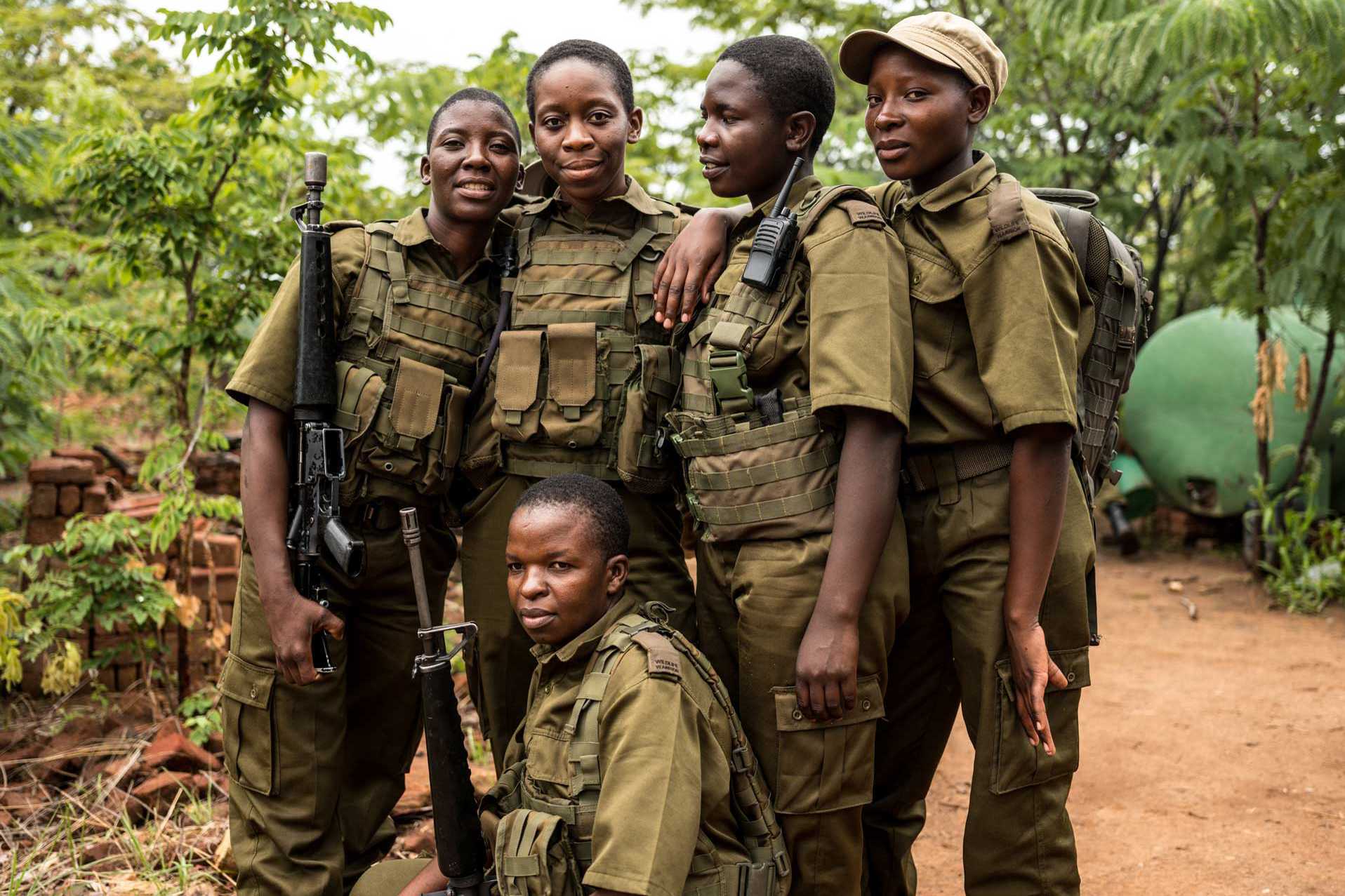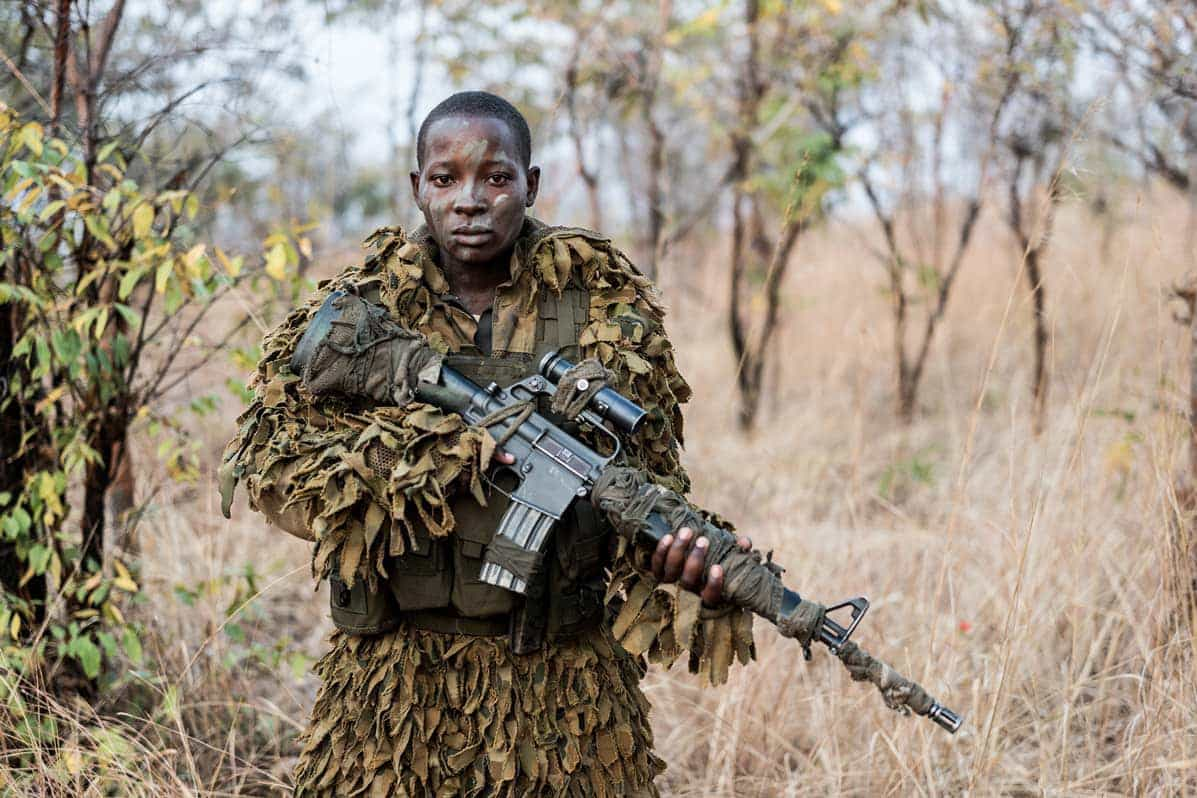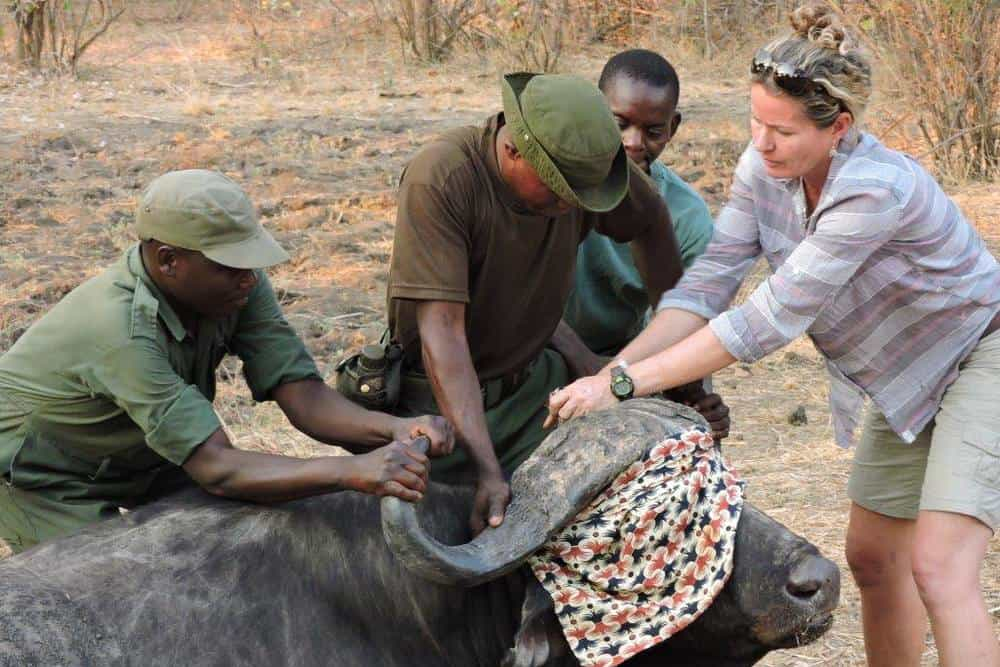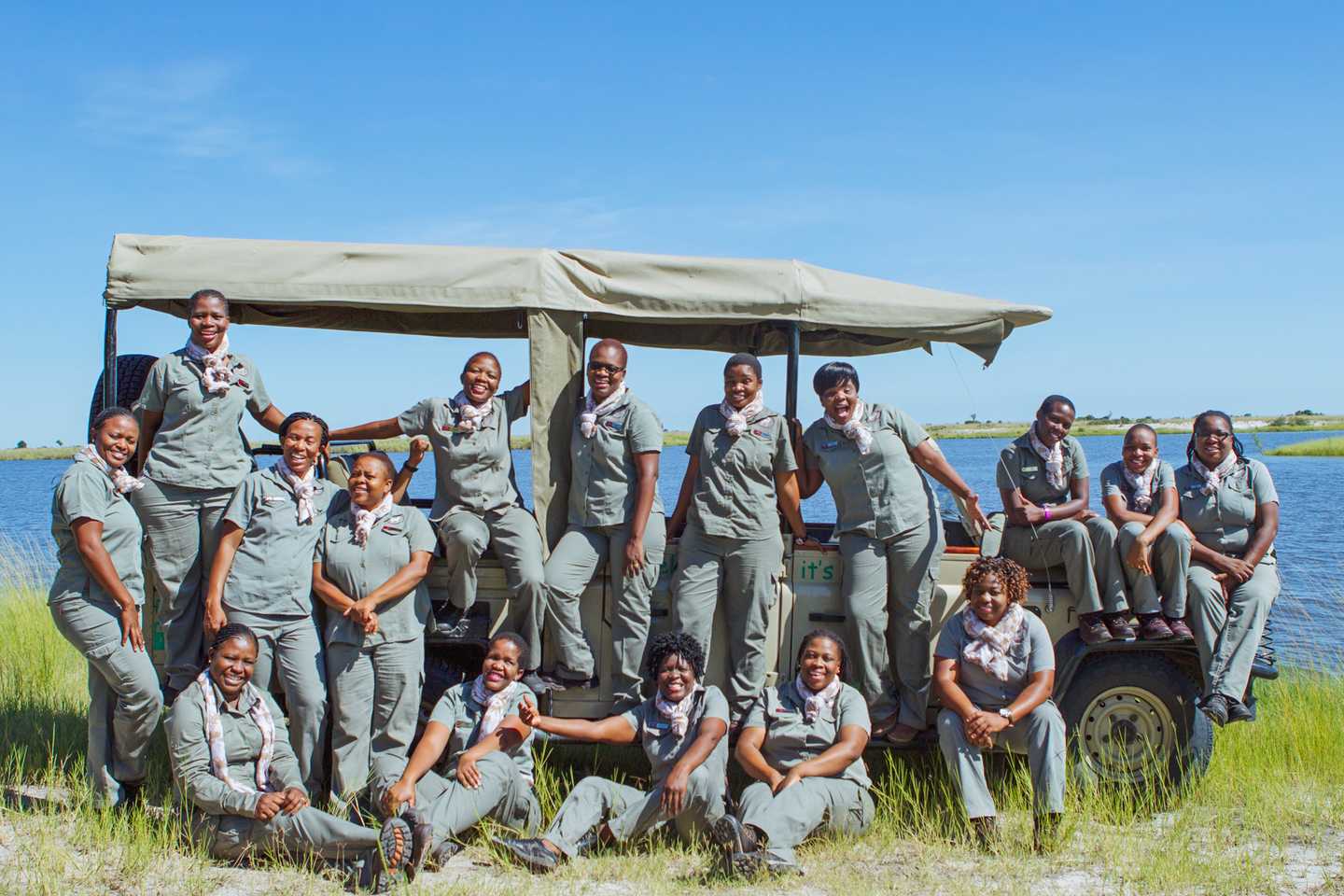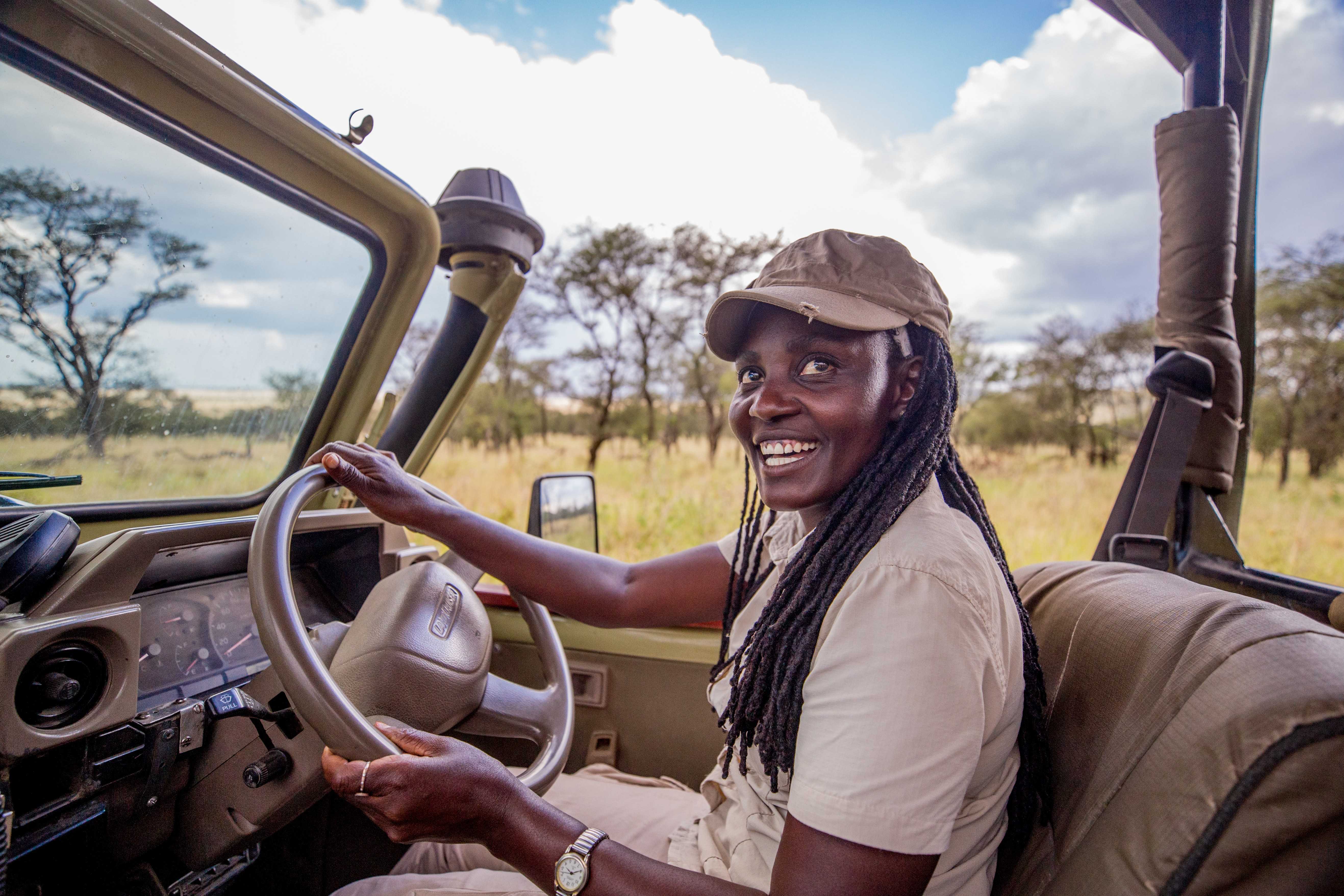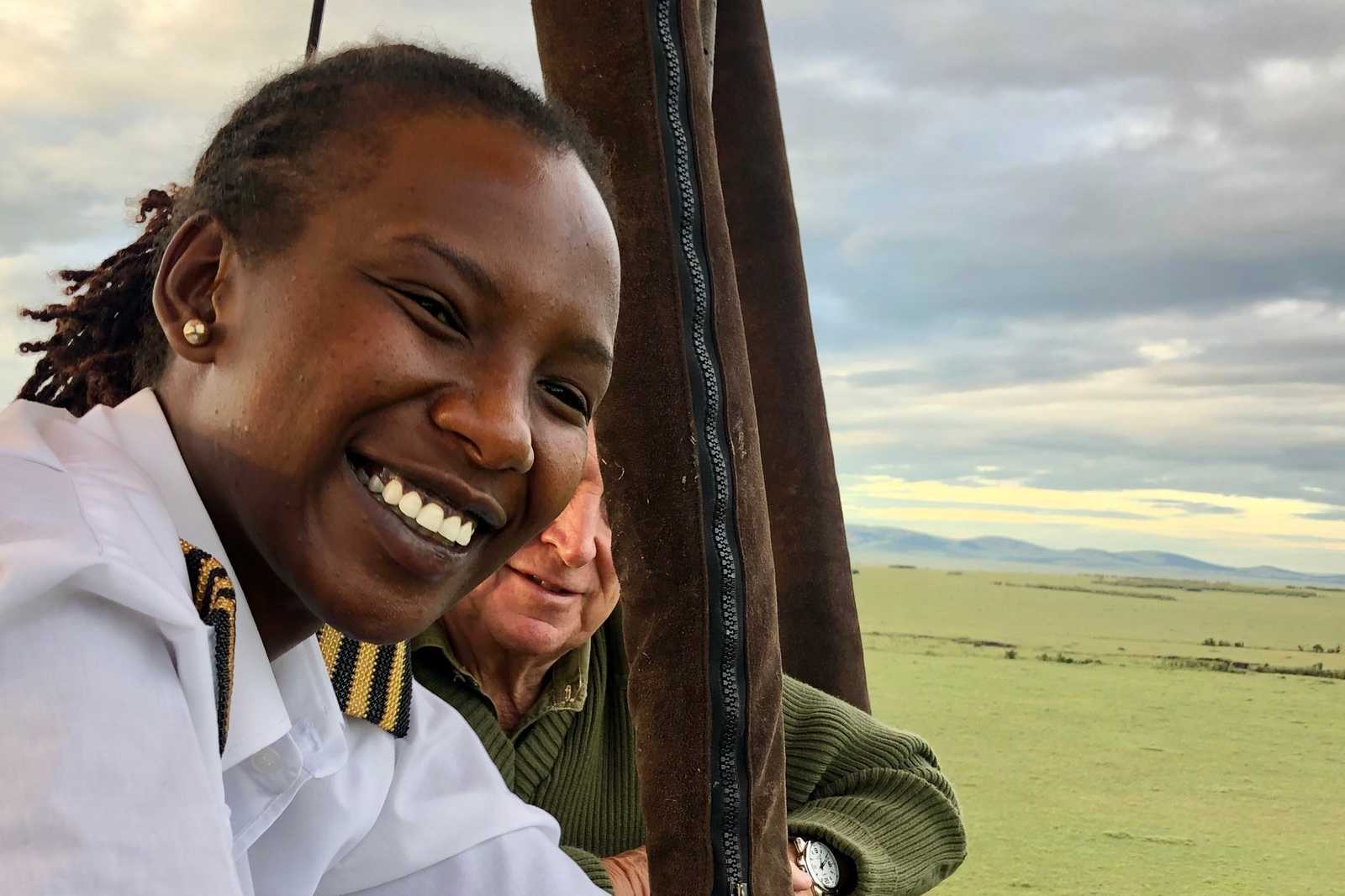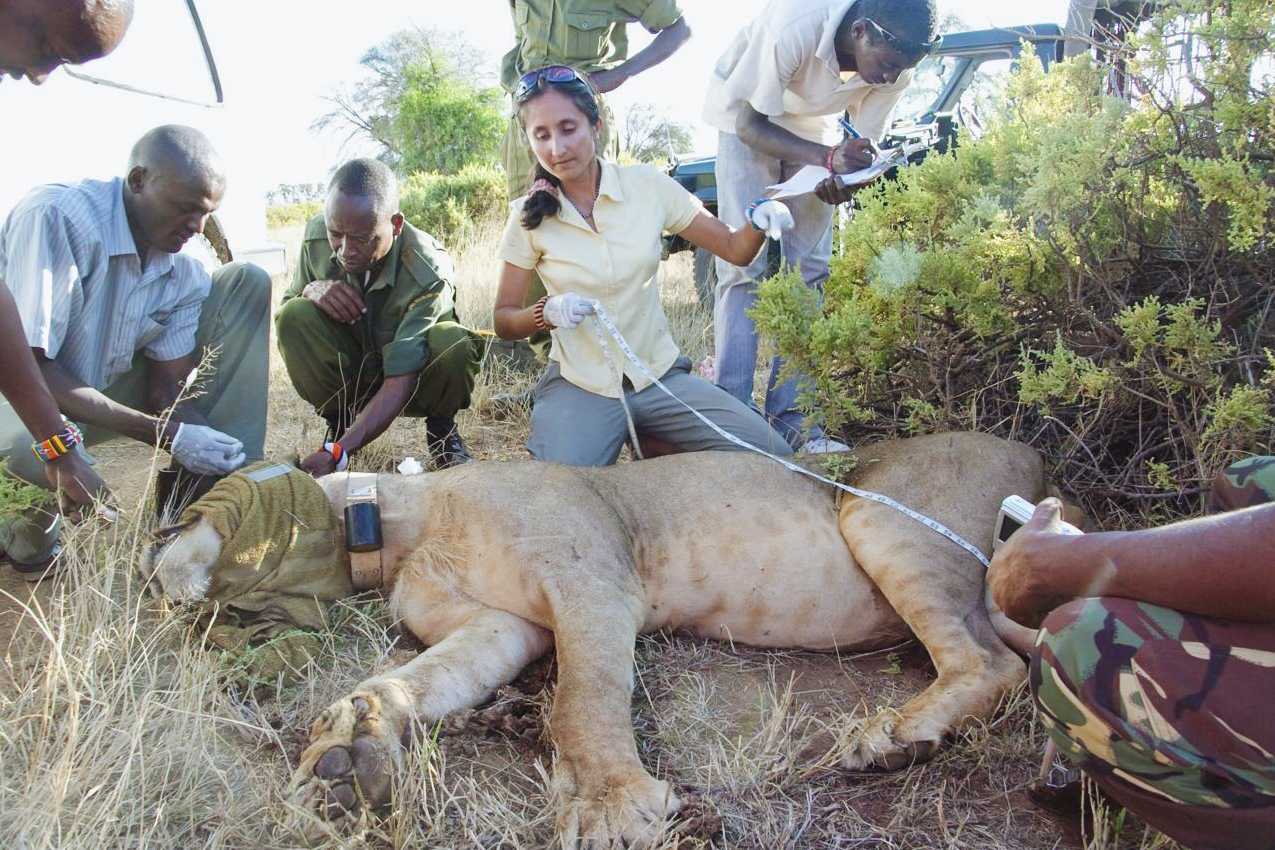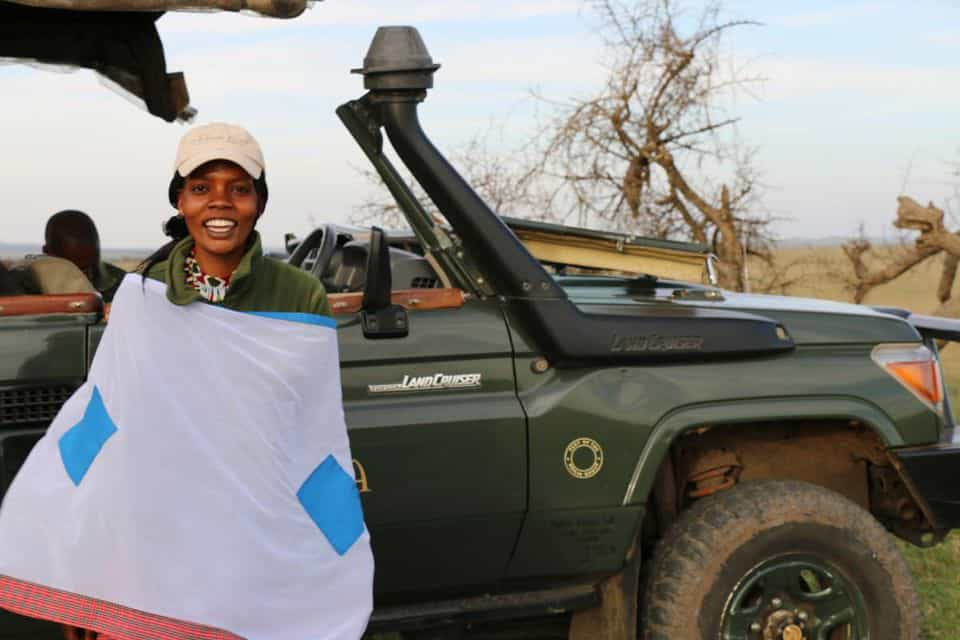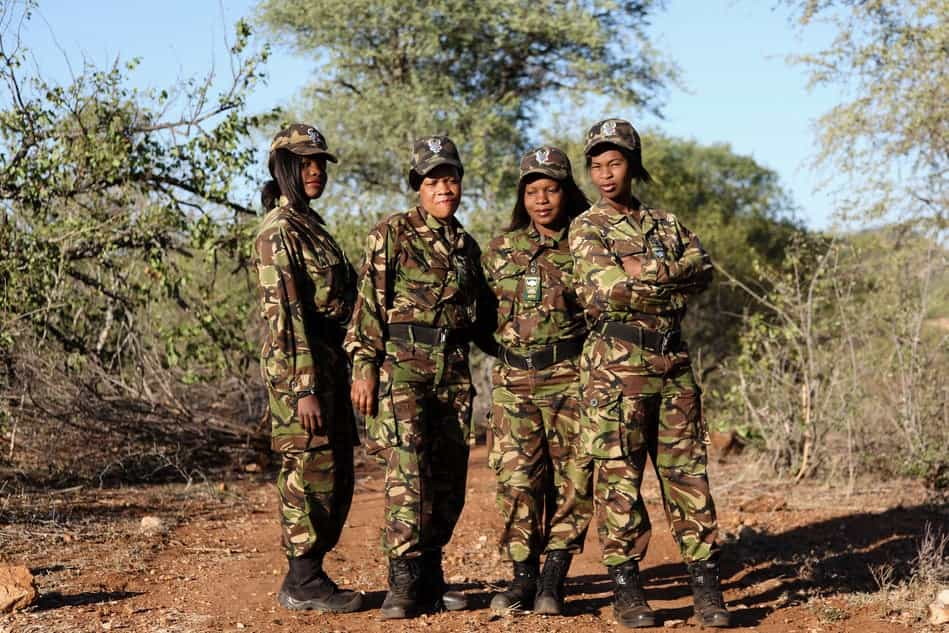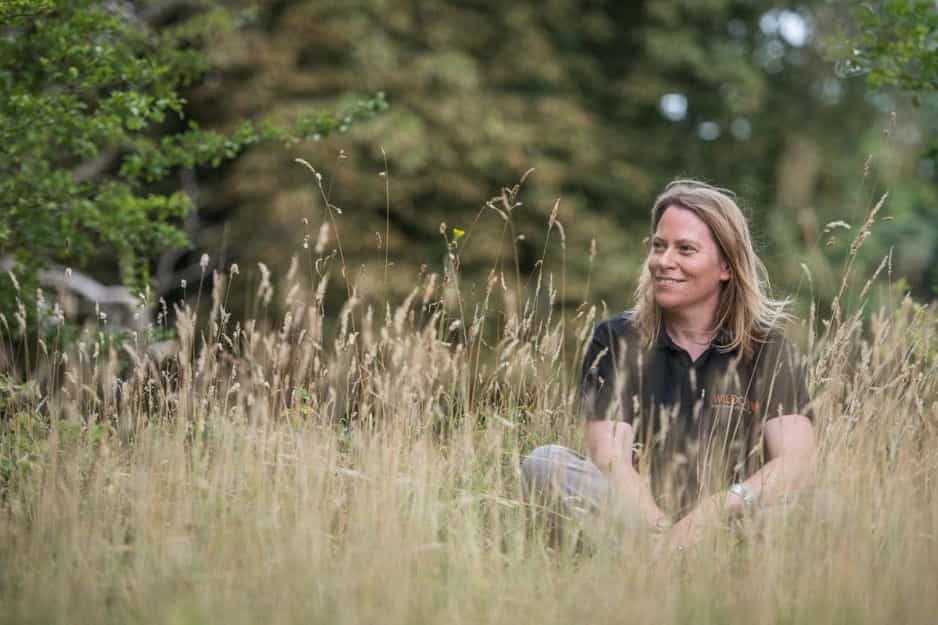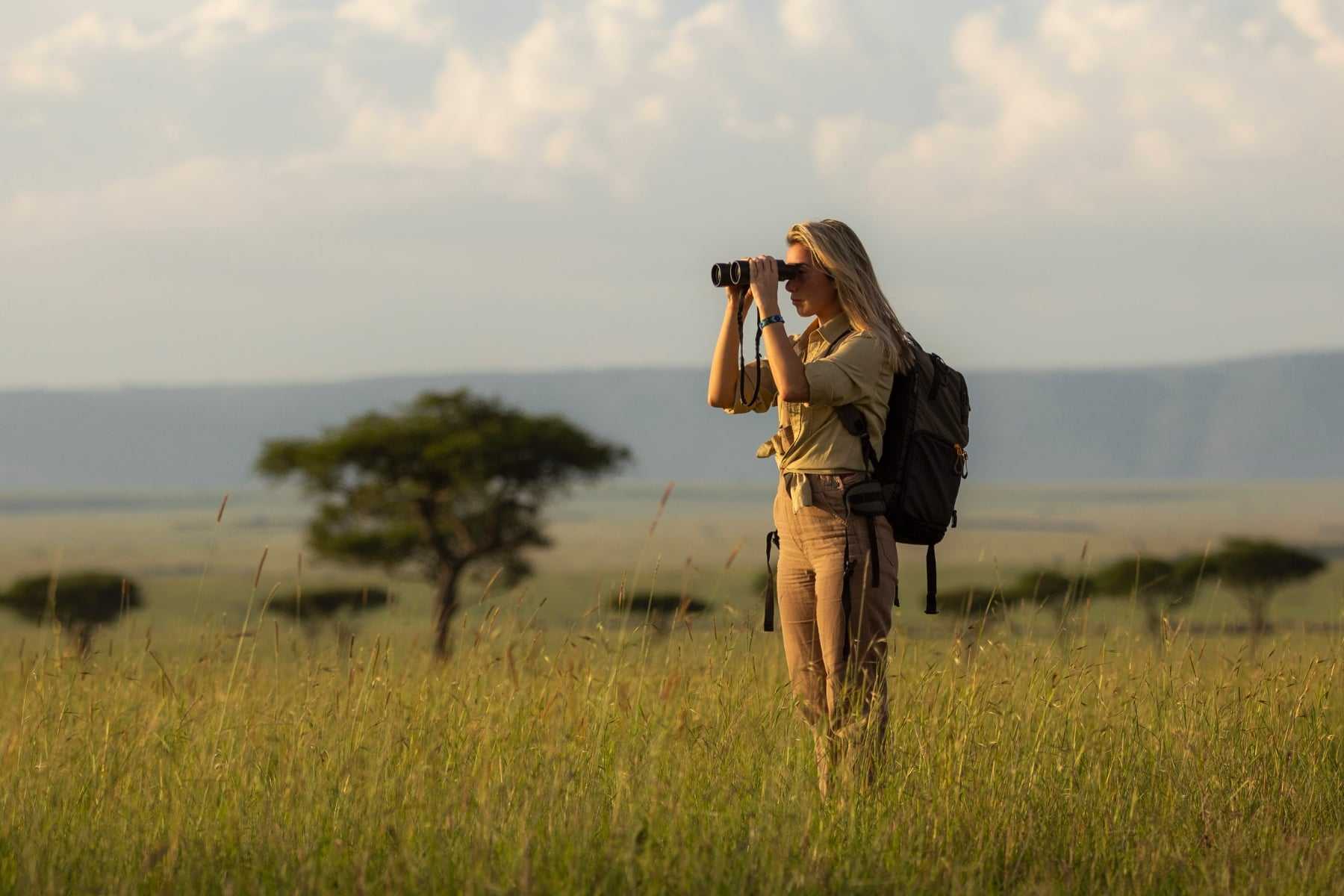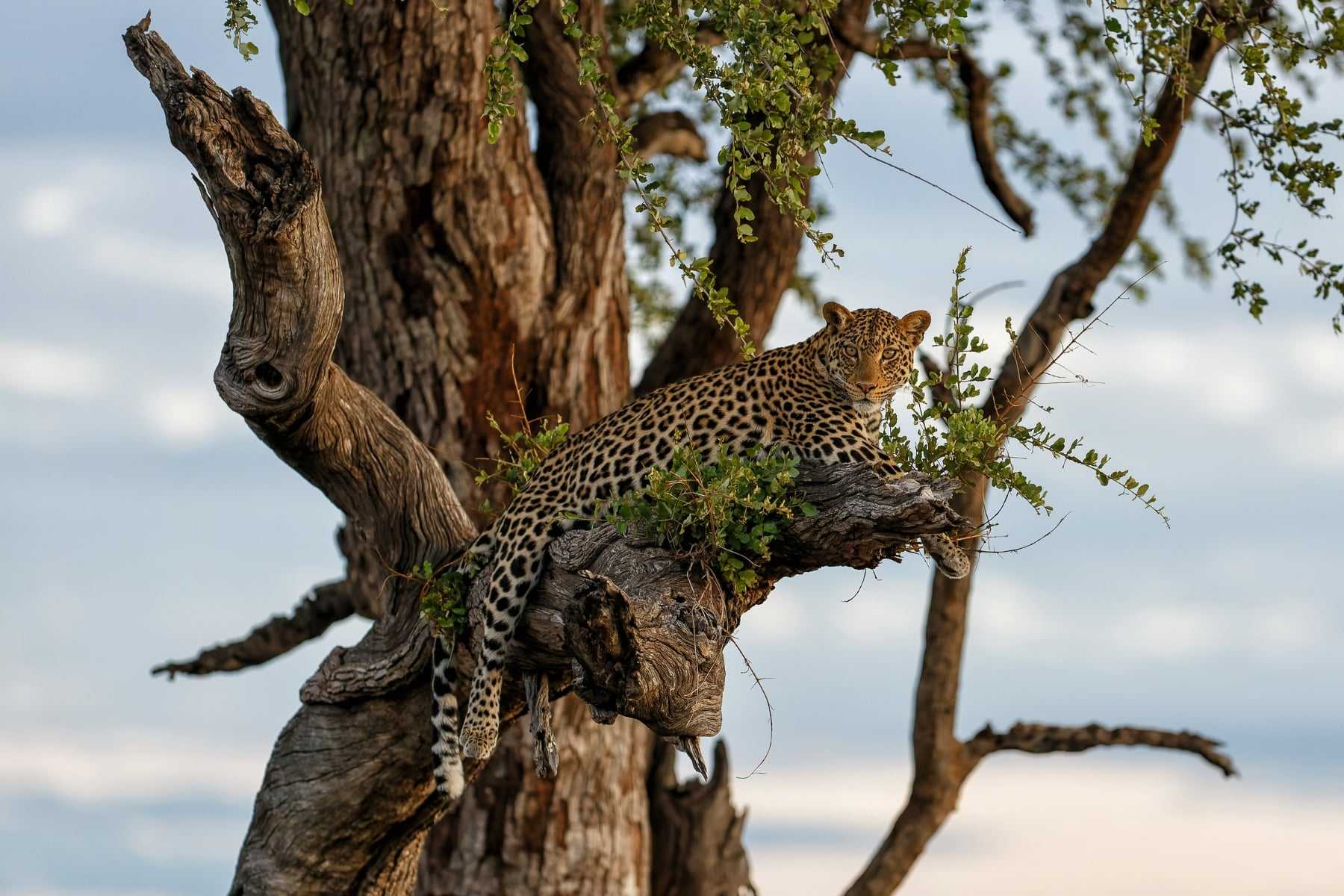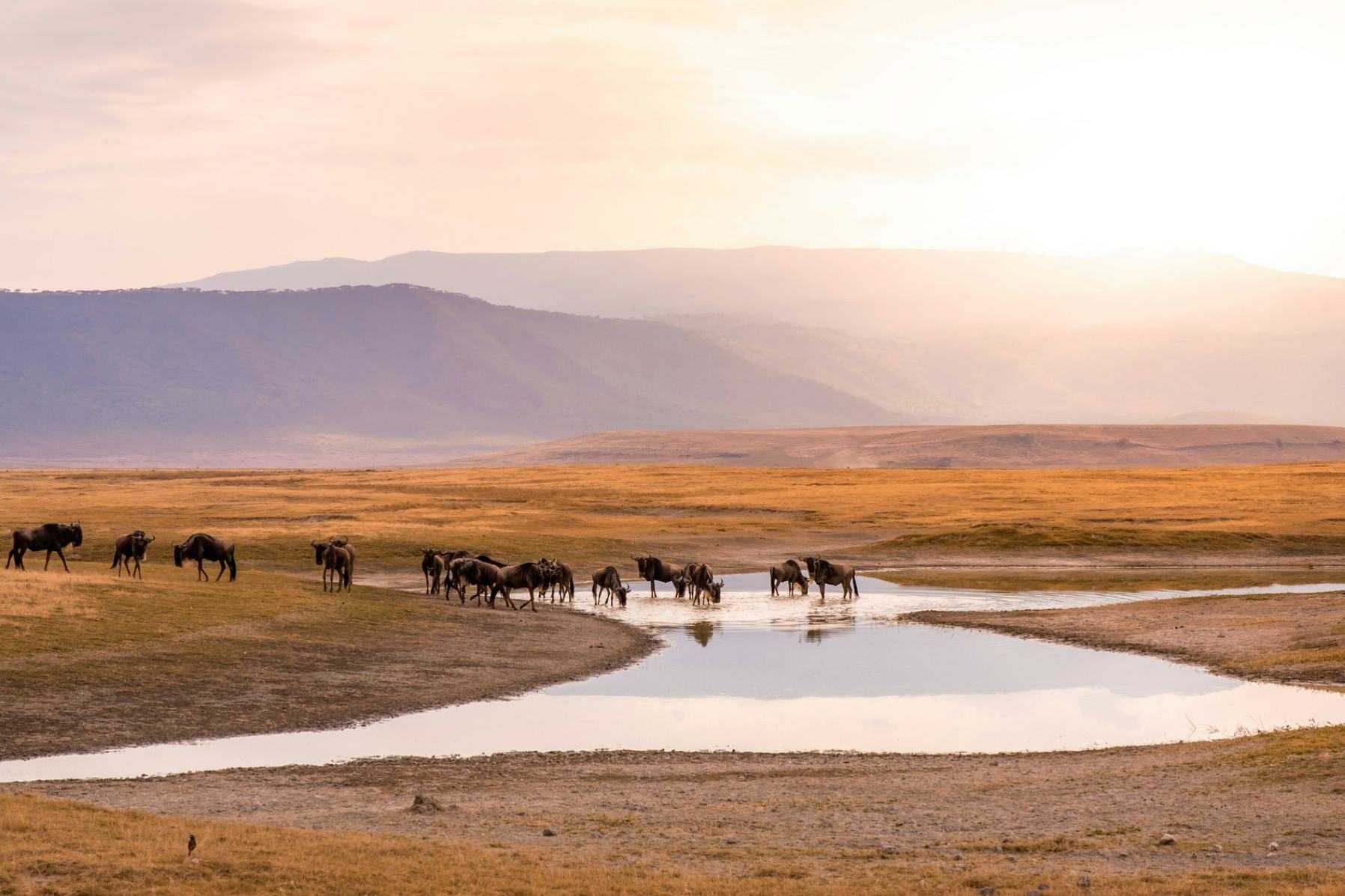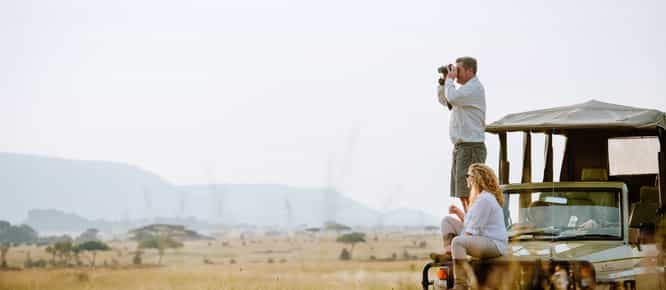Irrespective of your gender, the jobs on the front line of wildlife protection are dangerous, brutal, and require a certain level of courage. But perhaps most surprising is the range of challenges that a person may face before they have even taken up their position – and in particular, women. From fighting against centuries of village tradition, to being told repeatedly that they can’t do it because of their gender (“It’s a man’s world out there on the frontline!”), or needing to support a family at home, women face a myriad of discriminations. And that’s even before the dangers and risks they’ll encounter every day in their jobs around wild animals and the work they will do to protect them.
It was a tough task to narrow down the list of women in Africa that we wanted to celebrate in this article. There are countless ladies working tirelessly in the world of wildlife protection, largely uncelebrated and even unnoticed, these stories are only the tip of the iceberg.
Sit down, grab a cuppa and prepare to be astonished, humbled and inspired by these incredible women across Africa…
The Akashinga Rangers
Zimbabwe
Elephant poaching in Zimbabwe has sadly experienced a recent increase and the elephant population across the country has declined by around 40% since 2001. Enter the Akashinga Rangers – a fearless, all-female, armed anti-poaching squad that were created specifically to target the problem. Akashinga (roughly translated as “the brave ones”) is a community-driven conservation model that empowers disadvantaged women in northern Zimbabwe to manage the protection of wilderness areas all over Zimbabwe. The rangers are exclusively women from rural societies: unemployed single mothers, abandoned wives, victims of sexual and physical abuse, widows and orphans. Most are also mothers, working not only to protect endangered wildlife, but also to provide for their families – and flitting between roles as caring mothers and fearless rangers is certainly a feat in itself!
The women receive serious training before they enter the field and have the ability to calmly approach situations and de-escalate tensions with local communities, often having to make arrests in their own or neighbouring villages. The team also has a community-driven focus and the women work with, rather than against, the local population for the long-term benefit of the wildlife areas. With their toughness and calm resilience, the Akashinga are described as ‘incorruptible’ by their founder, Damien Mander, and one thing’s for sure – these women have an incredible passion and commitment to both their work and their families.
Rachel McRobb
CEO of Conservation South Luangwa, Zambia
10 years ago, with virtually no experience or support, Rachel McRobb formed Conservation South Luangwa with one simple mission: to protect the wildlife of Zambia’s South Luangwa National Park. Thanks to Rachel’s tireless determination, CSL is now the area’s largest non-profit anti-poaching and community conservation organisation, growing from a humble 15 employees in 2003 to over 75 today. As a woman in an overwhelmingly male-dominated sector, and whilst also facing challenging political, environmental and logistical threats, her achievements become even more extraordinary.
“The possibility of losing (the wildlife and protected areas) in Zambia is enough for me to fight the daily battles involved in running a wildlife conservation programme in Africa and managing an anti-poaching unit.” Rachel McRobb
Over the years, Rachel and her team have worked tirelessly to find a solution to Zambia’s conservation problems. On the ground, their focus is on wildlife rescue missions, tackling the bushmeat trade and the problems and challenges of snare wires. A large amount of time is also spent in the surrounding villages, educating and teaching local communities about the benefits of wildlife and how to coexist with the animals in this beautiful area of the country. In recent years, they have also launched a Detection Dogs Unit and aerial surveillance flights over the most remote areas of the park.
The all-women guiding team
Chobe Game Lodge, Botswana
In 2005 there were only 10 female guides registered in Botswana. It was rare to see women in the male-dominated profession of guiding (or anywhere in the safari industry), with sceptics arguing that women were unable to change tyres or protect guests from wild animals. But Botswana has always been a pioneer in Africa for conservation and eco-tourism, so it’s no surprise that the country has produced the first all-women guiding team!
At Chobe Game Lodge, nestled in Botswana’s oldest national park, Chobe Game Reserve, the managers began to notice an interesting trend amongst their female guides: vehicles seemed to need less repairs, fuel efficiency was remarkably better than the male members of the team and overall, costs were vastly reduced – call it a woman’s resourcefulness! From this very practical discovery, Desert and Delta, who operate the lodge, took the decision to transform the crew into an all-female guiding team. Now, almost a third of all female guides in Botswana work at Chobe and it has become one of the most progressive safari lodges in Africa, with the all-female guiding team an absolute hit with guests.
However, it wasn’t always smooth sailing and the women faced some serious critique. Male guides at other lodges challenged their validity, guests worried about safety, and questioned the women’s’ practical ability in how to handle the wildlife and even change a tyre. But time and time again, the women have proved themselves to be of absolute equal strength to their male counterparts and in some cases, even better. As James Wilson, Chobe’s marketing manager states, “In many respects, they had to work harder to prove themselves, so you’re actually getting more out of them as guides…” We think more lodges across Africa should take note…

Jonesia ‘Kazawadi’ Dominic
Guide at Dunia Camp, Tanzania
Dunia Camp in the Serengeti not only offers an incredible Great Migration experience, it’s also Tanzania’s first camp to be run entirely by women. From the managers, to the guides, to the mechanics, every job at this camp is managed by a woman. Kazawadi is just one of the brilliant guides at camp, landing the job she dreamed of as a child. Since she was small, Kazawadi loved being immersed in nature and wildlife and always hoped she’d be able to combine those into her future career. It wasn’t all smooth sailing though, originally her family were against her chosen profession but she pushed back against cultural norms and persisted and now her nearest and dearest are extremely proud of her and the profession she’s chosen.
It wasn’t just resistance from her family that she faced, Kazawadi admits that working with men in this field was extremely hard and she experienced a lot of backlash from her male counterparts. She was told that it wasn’t a job for women, an opinion that female guides across Africa have been fighting back against for years. Not only did she prove her critics wrong, she went on to work for a camp that makes it perfectly clear that women are not only able to survive in this industry but thrive too. Kazawadi has said that she’s extremely proud to be working as part of an all-female team in the male-dominated safari industry, proving that they can run a camp of the highest calibre without any help from men (she actually thinks they probably do it even better!).
Kazawadi has proved that given the right chances, and with the appropriate support, women can succeed in anything they choose to, even in traditional, male-dominated societies.
Captain Joyce Beckwith
Maasai Mara, Kenya
Native Kenyan Captain Joyce Beckwith might be better known to you as by her moniker or her amazing achievement – Captain Smiles, the world’s first black female hot air balloon pilot. Her love of her work and infectious grin earned Beckwith her nickname but underneath all that there’s a resolute ambition that got her to where she is today. Born and raised in Kenya, Beckwith’s first journey as a passenger in a hot air balloon was in 2008 and she fell so in love with it that she qualified and earned her licence just ten years later in 2018.
Beckwith’s love of flying stems from not only loving this unique way to view Africa’s scenery and animals but also a fascination with the mechanics and engineering involved in running a hot air balloon. And whilst she has plans to travel the world, her heart remains firmly in her beloved Africa where she loves introducing visitors to the wonder of hot air balloon safaris and the sights of her home of Kenya. Captain Smiles has no plans on slowing down either, if being the first black female hot air balloon pilot in the world wasn’t enough, she’s also collaborating on a project to create an affordable safari clothing line based on her style and produced entirely in Kenya. Talk about flying through the glass ceiling.
Shivani Bhalla
Wildlife conservationist, Kenya
Conservation biologist, scientist and all round wonder woman, Shivani Bhalla’s single handed passion and determination to protect lions in Northern Kenya is utterly remarkable. With fewer than 2000 lions remaining in Kenya, protecting them is vital and Shivani is working on long-term conservation solutions to safeguard the future of the rapidly declining population. The critical issues are not only habitat loss (wildlife areas are simply losing out to land for human habitation) but also human-wildlife conflicts and situations in which villages lose valuable crops and livestock to lions and resort to killing them.
From this passion Shivani founded Ewaso Lions, a remarkable organisation that uses scientific research and community outreach to promote coexistence between people and lions in Northern Kenya. The success of lion conservation ultimately hinges on the involvement of local communities who live alongside the cats and Shivani’s work has been instrumental in reaching a compromise. She has worked tirelessly with local communities to provide education, training and improved conservation practices that help people and wildlife – and the results are certainly starting to show.
Evaline Sintoya Mayetu
Female guide at Naboisho Camp, Kenya
As we saw at Dunia Camp in Tanzania and Chobe Game Lodge in Botswana, there is a strong sense across Africa of guiding being a male-dominated job – and the same can certainly be said in Kenya. But then along came Evaline Mayetu. At seven years old, Evaline went against her father and her tradition and ran away from home. She fought to join a school nearby and once accepted, climbed the classes quickly, wearing hand-me-down uniform and no shoes. By the time Evaline reached secondary school, her father had found a man who wanted to marry her and requested she come home. She returned home not to marry the man, but only to tell her father she had no intention of marrying anyone. It was this ambition and determination that secured her work in the safari industry and eventually as a guide at the exclusive Naboisho Camp in a private conservancy on the outskirts of the world-famous Masai Mara Game Reserve.
“I wanted to do something like a man. I wanted the girls in my village to see a woman can do something better than a man. I had never even seen a girl safari guide, but I wanted all the men to see me drive the same roads as them.” Evaline Mayetu
Today, Evaline guides international visitors around the private Naboisho Conservancy and is an inspiration to other girls in her village. It may still be taboo in Maasai culture for a woman to leave the home and pursue other jobs or an education, but we believe Evaline will be the first of many to find the courage to do just that.
The Black Mambas
Kruger National Park, South Africa
The Black Mambas of the Balule Nature Reserve are the world’s first all-female anti-poaching unit, and, together with 30 other local women, are saving South Africa’s endangered rhino and elephant. Aside from their gender, there is a notable difference in how the Mambas operate and to many people’s amazement, the women are unarmed. Rather than guns, they believe the war on poaching can be won through close monitoring of wildlife areas and the species within them, community building, and education.
“The Black Mambas are heroes in their communities.” Nick Koornhoff, member of the Parliament of South Africa
It might been seen as a ‘softer approach’, but there’s certainly nothing airy-fairy about these women. They are the eyes and ears of the reserve and each month, every Black Mamba spends 21 days straight patrolling Balule (the section of the Greater Kruger area that they operate in) by foot or jeep for four hours at dawn and four hours at dusk. They are looking for snares, human tracks, sounds of gunshots, and other suspicious activity, and patrol in every weather condition imaginable. Another main focus for the Mambas is the education of the communities around them. The women believe that educating local people and teaching them the benefits of rhino conservation is worth more than anything else in the fight against poaching and they dedicate much of their time to talking to children in schools and meeting with important elders in the villages.
And above all, they are leaders and a true inspiration to other young women (and men) who want to join the fight against poaching and protect Africa’s wildlife for future generations.
Amy Dickman
Ruaha Carnivore Project, Tanzania
Having worked in Africa for more than 20 years, Amy Dickman’s expertise in the field of human-carnivore conflict is unrivalled. Her extensive research in Ruaha National Park, Tanzania, led her to the conclusion that a major cause for the decline in lion populations throughout the country was in fact human-wildlife conflict. And so along came the Ruaha Carnivore Project (in conjunction with Oxford University’s Wildlife Conservation Research Unit) in 2009, an embodiment of Amy’s mission to establish effective conservation strategies for large carnivores in and around Ruaha.
The RCP works with partners in Tanzania and across the world to both gather informative data on carnivore numbers and populations in order to develop the right strategies with which to protect them, and also to work with communities to reduce human-wildlife conflict. Amy in fact lives full time on village land in order to fully understand the concerns of the villagers and in the last few years, she and the team have reinforced almost 150 housing bomas with wire, decreasing the number of lion attacks and deaths by human activity by almost 95%.
